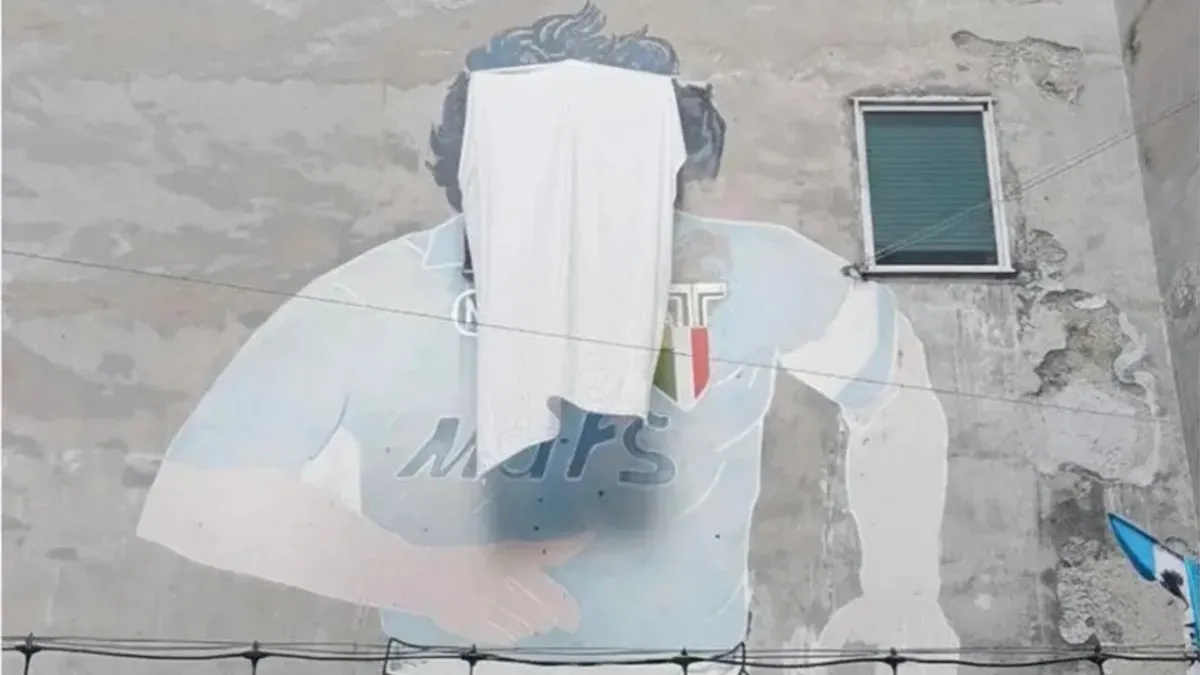I am an author and journalist who has worked in the entertainment industry for over a decade. I currently work as a news editor at a major news website, and my focus is on covering the latest trends in entertainment. I also write occasional pieces for other outlets, and have authored two books about the entertainment industry.
Menu
Lack of poor people: TV always rich: Where is social criticism in series?
Categories
Most Read
Guns N’ Roses in Argentina: new tickets on sale and everything you need to know about their shows in Huracán
October 15, 2025
No Comments
Will Arnett: Red Carpet Debut with Carolyn Murphy
October 15, 2025
No Comments
Bandana and Mambru after Popstars: what was the bands’ career like and where are their members today?
October 15, 2025
No Comments
MasterChef Celebrity suffers its first loss: who is it and its replacement
October 15, 2025
No Comments
Dennis Diekmeier’s cancer-stricken daughter had to go to the intensive care unit
October 15, 2025
No Comments
Latest Posts

Merchants covered the famous mural of Diego Maradona in Naples due to a protest
October 15, 2025
No Comments
October 15, 2025 – 12:03 The measure was taken after the municipal police targeted businesses without authorization to sell. Argentine News Agency / networks The

Rates soar above 100%, in the face of a market thirsty for liquidity
October 15, 2025
No Comments
October 15, 2025 – 11:48 There is strong tension in the financial market amid the doubts generated by Trump’s statements by questioning aid to Argentina.

Michael J. Fox on dying: “I don’t want drama”
October 15, 2025
No Comments
The “Back to the Future” star was diagnosed with Parkinson’s disease when she was 29 The film “Back to the Future” made him a star
24 Hours Worlds is a comprehensive source of instant world current affairs, offering up-to-the-minute coverage of breaking news and events from around the globe. With a team of experienced journalists and experts on hand 24/7.

